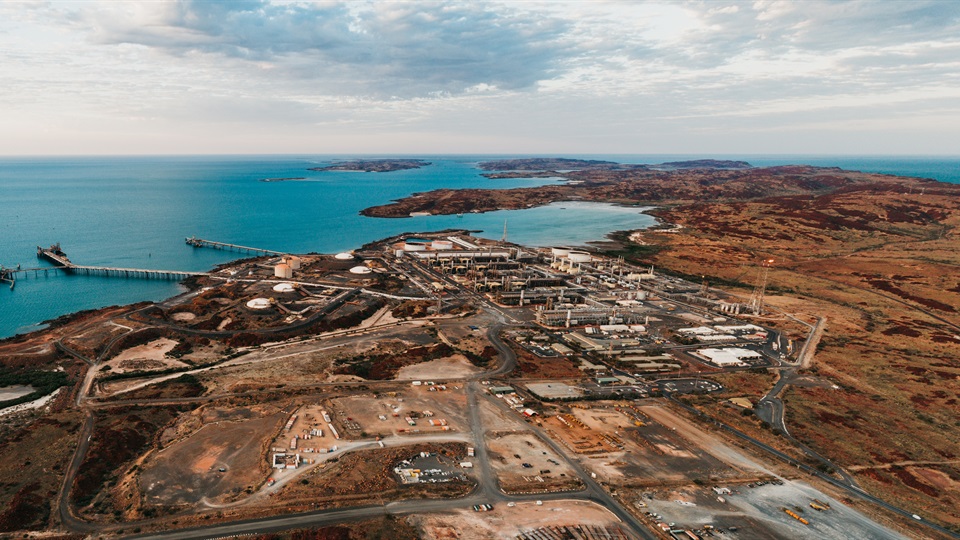Australian LNG player Woodside is planning to shut the first train at its North West Shelf LNG terminal in the Pilbara region of Western Australia in the third quarter of 2023 for a major turnaround.
The turnaround would last about four weeks, Woodside said on February 14 announcing its 2022 full-year line-item guidance.
Woodside confirmed that it would also close its Pluto LNG terminal, which is located close to the NWS facilities on Burrup peninsula, in the second quarter of 2023 for a period of four weeks.
In September last year, the Woodside-operated Karratha gas plan, part of the North West Shelf project, shipped its 6000th cargo of LNG.
The plant has five LNG trains, launched between 1989 and 2008, with a capacity of 16.9 million tonnes per year and most of these volumes supply customers in Japan. It also has domestic gas trains, condensate stabilization units, and LPG units.
Australia’s oldest LNG plant has been liquefying gas from fields located off the north-west coast of Australia since 1989.
However, these fields are slowly running out of gas and the project is now shifting its focus towards a different business model aimed at processing gas from third parties.
Woodside and its NWS LNG venture partners signed two agreements in December 2020 to process gas through the project’s facilities.
Last year, Woodside started sending gas from its Pluto offshore field to the LNG plant at Karratha.
This accelerated production of Pluto gas followed the start-up of the Pluto-KGP Interconnector.
Most recently, Australia’s Woodside and its partners in the Pluto and NWS LNG export projects signed non-binding deals with Western Gas to liquefy gas from the Equus project at the two LNG plants.
Woodside operates both the NWS and Pluto LNG facilities. Its partners in NWS include BP, Chevron, Japan Australia LNG, and Shell.

